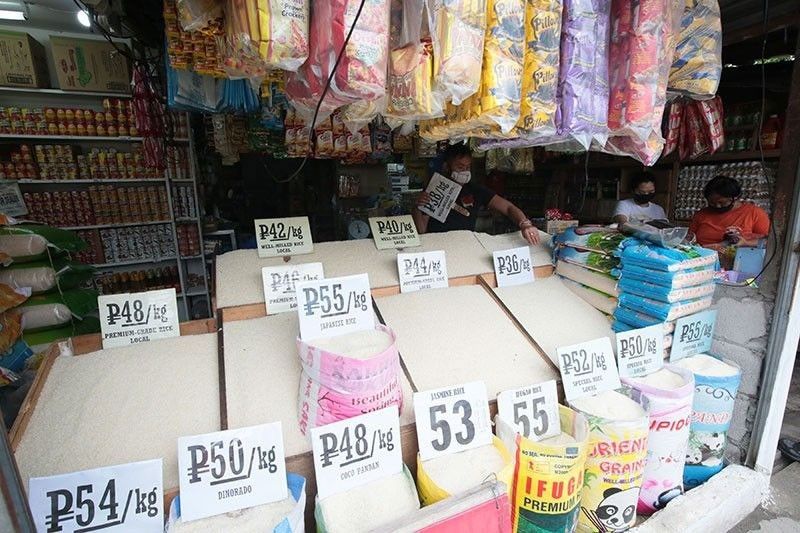Sari-sari store food items up by over 15% due to inflation — study

MANILA, Philippines — A recent study has found that the year-on-year inflation rate for food items in sari-sari stores reached 15.62% in January 2023, 4.4% higher than the 11.2% official food inflation rate reported by the Philippine Statistics Authority (PSA).
The study was conducted by startup company Packworks in collaboration with sociocultural research firm Fourthwall, with the figures obtained from the former's Sari IQ business intelligence tool.
Fourth Wall and Packworks replicated the consumer price index approach used by the PSA, applying it to the products available in Sari IQ’s data.
Products included per category were only those that were available in sari-sari stores based on 2020 prices, and no beverages were part of the study.
The study found that at nearly 17%, the inflation of ready-made food exceeded PSA’s data by 7.7%, making it the highest difference with official statistics. This was followed by milk, dairy, and egg products, and cereals, which had a difference of 5.3%.
Related: Growsari, TESDA partner to promote digitalization
Both Fourth Wall and Packworks believe such an inflation rate could be indicative of the increasing pressure among sari-sari store owners to increase mark-ups and profit margins.
This could also be a result of continuing supply-side challenges and the high discrepancy between dairy and egg products given the shortage of eggs due to bird flu.
Packworks' head of data Andres Montiel clarified that statistics used are limited in capturing grassroots patterns and present a more precise understanding of micro-level dynamics.
Fourth Wall's research director John Brylle Bae explained the importance of noting the discrepancies because the products studied are the typical ones consumed by sari-sari store patrons due to their cheap price and convenience.
"This reminds us of the usual lamentation of older Filipinos, 'noong araw, mura pa ang galunggong…' which means we are economically worse off now," added Bae, noting how inflation serves as a primary metric of poverty and economic performance, particularly when food is involved.
RELATED: 'What we learned': Filipino teens on running a sari-sari store for the first time



















